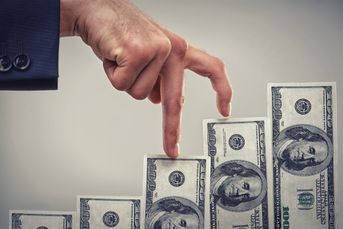U.S. drifting toward lost decade, warns Krugman
Interest rates to remain low for a very long time, predicts nobel laureate; 'we're all looking like Japan'
Yields on debt of nations including the U.S. and U.K. are at almost the lowest ever because policy makers have been unable to boost economic growth, according to economist Paul Krugman.
German bunds due in 10 years yielded 1.46 percent after falling to 1.43 percent yesterday, the lowest since at least 1989, as Greece failed to agree to a government, threatening to deepen Europe’s debt crisis. Treasuries of the same maturity yield 1.78 percent, compared with a record low 1.67 percent in September. Gilts touched 1.89 percent yesterday, also the lowest since at least 1989.
“I don’t actually buy the flight-to-quality story, or at least it’s way overstated,” Krugman, a Nobel laureate economist and professor at Princeton University, said today in a radio interview on Bloomberg. “We’re all looking like we’re heading for lost decades, which means that policy interest-rates are going to stay close to zero for a really long time.”
Japan’s so-called lost decade during the 1990s saw the economy slip in and out of recession and grow at an average rate of about 1 percent a year after the collapse of a real-estate bubble.
Fed Policy
Federal Reserve policy makers have said they will probably keep their target for overnight lending between banks close to zero, where it’s been since December 2008, at least until late 2014 to boost the economy. The Bank of England has kept its target interest rate at 0.5 percent since March 2009, while the European Central Bank reduced its interest rate to 1 percent in December.
Investors are asking “when do you think short-term interest rates are going to rise in the U.S.? When do you think they’re going to rise in Germany or in Britain?” Krugman said. “The answer is not for years and years to come. We’re all looking like Japan.”
The global economy is forecast to grow 2.2 percent this year and 2.9 percent in 2013, according to the median estimate of economists surveyed by Bloomberg. That compares with an average of 3.1 percent for the decade up to 2007.
“Anyplace that has a reasonably stable government, and its own currency and borrows in its own currency, all those interest rates are very low for a very good reason,” Krugman said. “The future is looking pretty grim for the real economy in those places.”
–Bloomberg News–
Learn more about reprints and licensing for this article.






